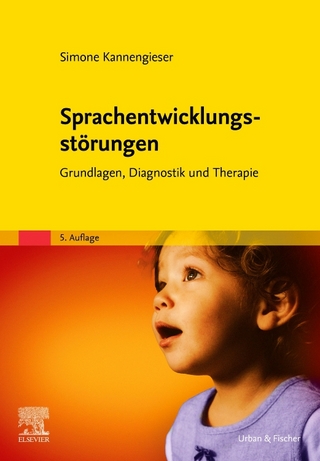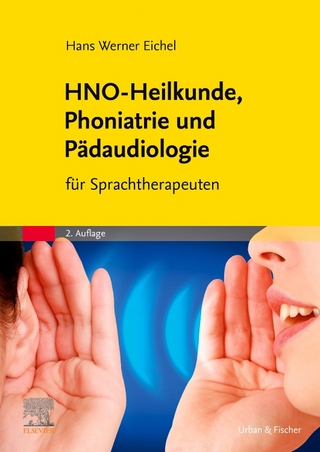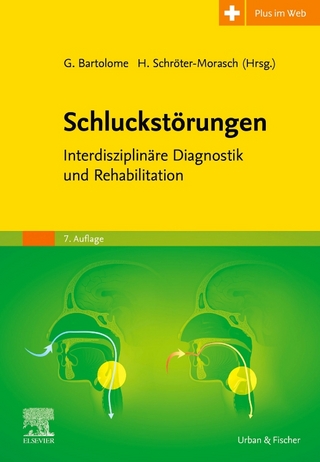
Neurogenic Communication Disorders and the Life Participation Approach
Plural Publishing Inc (Verlag)
978-1-63550-295-4 (ISBN)
The Life Participation Approach to Aphasia (LPAA) is an evolutionary change in the way practitioners view aphasia intervention. By focusing on meeting the needs of individuals affected by aphasia, LPAA can produce real, meaningful enhancement to the quality of life.
Neurogenic Communication Disorders and the Life Participation Approach: The Social Imperative in Supporting Individuals and Families breaks down the past, present, and future of the LPAA movement with contributions from a range of new and experienced practitioners. In addition, this text provides a roadmap for professionals interested in incorporating person-centered intervention for aphasia and other neurogenic communication disorders, including primary progressive aphasia, dementia, and traumatic brain injury.
Within this book, clinicians will find tips, tools, and guidance for integrating a life participation approach into their practice, as well as first-hand descriptions of the positive benefits this approach can have for those living with neurogenic communication disorders.
Audrey L. Holland, PhD, CCC, BC/NCD is Regents' Professor Emerita of Speech and Hearing Sciences at the University of Arizona. Her areas of expertise include working with adults who have aphasia and other neurologic communication disorders, aspects of aging, and counseling individuals with disabilities. She has served on the Advisory Council for the U.S. National Institute on Deafness and other Communication Disorders (NIH), the Secretary's Advisory Committee on Prosthetics and Special Disabilities, U.S. Department of Veterans Affairs, and was a member of the Advisory Committee of the National Center for Medical Rehabilitation Research. She is a recipient of the Honors of the American Speech-Language-Hearing Association. She also received the Clinical Achievement Award from the Academy of Neurologic Communication Disorders and Sciences, and the Professional Achievement Award from the Council of Graduate Programs in Communication Sciences and Disorders. Since retiring, she has tried to be her own role model for successful aging. She has undergone extensive training as a life coach, first with Coach Training Alliance, and then as a student in authentic happpiness coaching, under the direction of Dr. Martin E.P. Seligman. In addition, she is an avid reader, cook, and playmate to her grandchildren and pets.++++++++++++++++++++++++++++++++++++++++++++++++++++++++++++++++++++++++++++++++++++++++++++Roberta J. Elman, Ph.D., CCC-SLP, BC-ANCDS, is President/CEO and Founder of the Aphasia Center of California, an independent, nonprofit organization providing speech-language treatment, clinical research, and training/consultative services based in Oakland, California. Prior to beginning the Aphasia Center of California in 1996, Dr. Elman was Co-Director of Rehabilitation at an Outpatient Medical Rehabilitation Center. She also served as Director of the Speech-Language Department. Dr. Elman has more than 35 years of experience in the assessment and treatment of neurogenic communication disorders. She is an internationally invited speaker, the author of numerous professional publications and webinars, and the editor of a book for Plural Publishing entitled Group Treatment of Neurogenic Communication Disorders: The Expert Clinician’s Approach. Dr. Elman is a Fellow of the American Speech-Language-Hearing Association (ASHA), a recipient of the Audrey Holland Award from Aphasia Access, and a Board Certified member of the Academy of Neurologic Communication Disorders and Sciences.
Preface
Acknowledgments
Contributors
Prologue. Life Participation Approach to Aphasia: A Statement of Values for the Future by LPAA Project Group (In alphabetical order: Roberta Chapey, Judith Duchan, Roberta J. Elman, Linda Garcia, Aura Kagan, Jon Lyon, Nina Simmons-Mackie)
Chapter 1. The Social Imperative for Aphasia Rehabilitation: A Personal History
Audrey L. Holland
Chapter 2. C.A.P.E.: A Checklist of Four Essential and Evidence-based Categories for Aphasia Intervention
Roberta J. Elman
Chapter 3. Discovering Functional Needs in Speech-Language Therapy
Sarah Baar
Chapter 4. The Role of the Environment: Supporting Language, Communication, and Participation
Thomas W. Sather and Tami J. Howe
Chapter 5. Stories at the Heart of Life Participation: Both the Telling and Listening Matter
Katie A. Strong and Barbara B. Shadden
Chapter 6. Primary Progressive Aphasia: A Practical Roadmap for Navigating Person-Centered Evaluation and Treatment
Rebecca Khayum and Aimee R. Mooney
Chapter 7. Life Participation for People with Dementia
Natalie F. Douglas and Delainey Smyth
Chapter 8. The Life Participation Approach and Social Reintegration after Traumatic Brain Injury
Peter Meulenbroek and Louise C. Keegan
Chapter 9. The Life Participation Approach to Aphasia: Looking Back and Moving Forward
Nina Simmons-Mackie
Index
| Erscheinungsdatum | 10.05.2021 |
|---|---|
| Verlagsort | San Diego |
| Sprache | englisch |
| Maße | 152 x 229 mm |
| Themenwelt | Medizin / Pharmazie ► Gesundheitsfachberufe ► Logopädie |
| ISBN-10 | 1-63550-295-0 / 1635502950 |
| ISBN-13 | 978-1-63550-295-4 / 9781635502954 |
| Zustand | Neuware |
| Haben Sie eine Frage zum Produkt? |
aus dem Bereich


